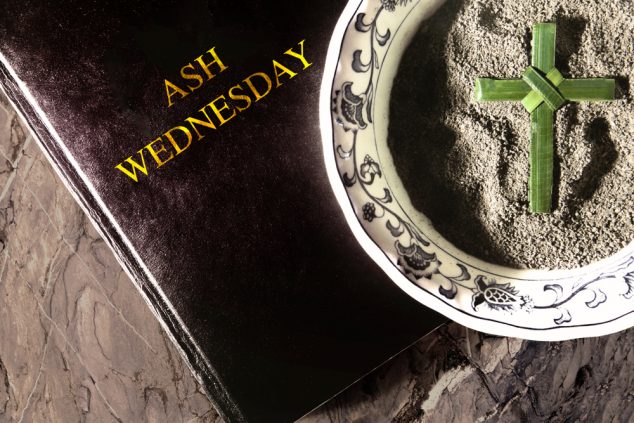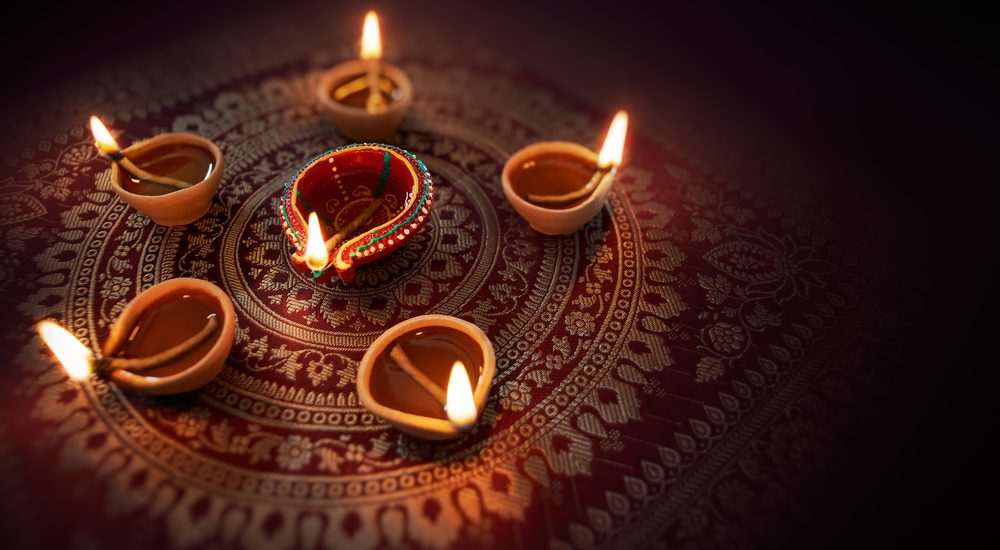When we think of the UK, certain persistent images come to mind; Red phone boxes, Big Ben, cobbled streets and Buckingham Palace. Escape the tourist London bubble and if you explore around, you will find there is so much more diversity to Great Britain than you might have previously thought of. Possibly the best way to find this out in detail is to deliberately eschew the majority dominant culture, and instead seek out the minorities. As Muslims celebrate Ramadan, Hindus enjoy Diwali, and practicing Christians engage in Lent, there is much to be celebrated and explored about the rich diversity present in Britain today.

-
-
A Very British Ramadan
-
Ramadan is a celebration all over the world, but each and every culture offers its own spin on it. One thing that is amazingly persistent is the precision with which it is metered out in every aspect. Muslims will use advanced online calculators to work out how much they owe in charitable giving each year (Zakat), and exact times and dates on organising chart systems like the Birmingham Ramadan Table.
Muslim communities put on festivals, parties, and lavish feast occasions to celebrate the end of the fast each day. When you reach the end of Ramadan, you celebrate Eid-ul-Fitr, and in the UK that means a parade of fusion foods. Soups are very popular thanks to their trends in the UK being a great way of getting a lot of vegetables with a vast array of nutrients into a small space very quickly. Ramadan is also the time when the various minority communities bring their A-game with varieties of hot and spicy dishes that would burn the mouths of people back in their diaspora home countries, but have been embraced in the UK with reckless abandon. If you want to experience a Ramadan feast in the way only the British can, Chicken Tikka is the beginning, but Vindaloo is something else entirely.
-
-
An English Country Lenten
-
Despite being a nominally Christian country, Lent, and the food and festivities surrounding it, that is very much out of fashion with the Easter/Christmas church crowd. The UK is much more secular than its flag and state church would suggest, and so in depth traditions of self-denial like Lent are not widely followed. But when they are, they are embraced with deep devotion, and can result in special services and particular church activity of a kind you won’t often see elsewhere. Pancake races at churches are very popular, albeit after very beautiful and solemn evensong services. This juxtaposition of the serious and the silly is what makes Lent in England something truly strange and special.
-
-
Diwali, Britannia
-
Britain’s population of Hindus is substantial, thanks to the history of the Union Jack flying over India during the days of the British Raj. These days though Diwali is a time of celebration of light, in a season in the UK that is far darker than the same sort of time in India. Because of this, lantern parties are common, as are events involving candles, flashing electric toys for children, and above all – fireworks. Diwali is a time where Hindu’s remember the victory of good over evil in the ultimate cosmic struggle that the universe constantly finds itself engulfed in. Therefore it makes perfect sense that rocketry bursting into explosions of colour and light make up a substantial part of this season. It is very convenient that Diwali often falls in and around November, coinciding it with the UK’s Guy Fawkes night, and in a curious fusion of the many effigies of the failed terrorist that get burned at this time of year, some British Hindus have taken to using Diwali as a time to join in with various flammable statues of the demons that supposedly were felled at the various Vedic battles celebrated in this time.
Wherever you are visiting in the UK this year, if you want to travel a little bit deeper culturally, look out for what those in the minority have planned. It may be offbeat, but it is still British in its own way.

